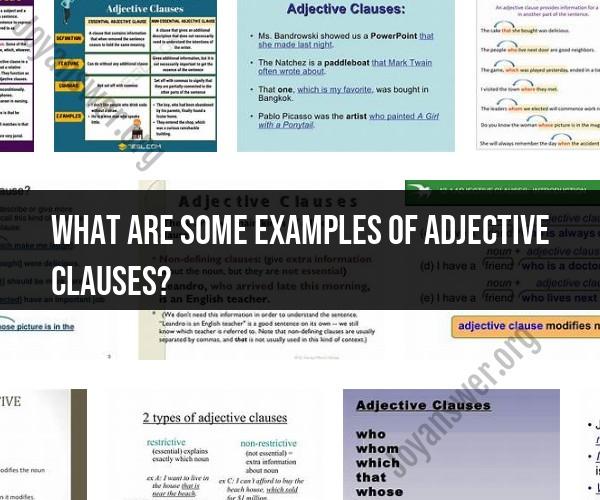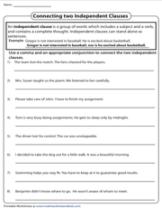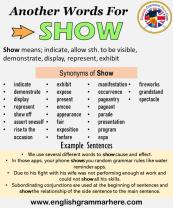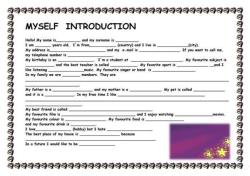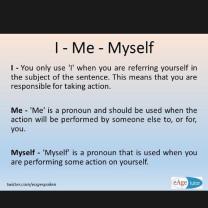What are some examples of adjective clauses?
An adjective clause, also known as a relative clause, is a type of dependent clause that enhances descriptions by providing more information about a noun in a sentence. It helps to give a clearer and more detailed picture of the noun's characteristics, attributes, or background. Below, I'll elaborate on adjective clauses and offer further examples to help you better understand.
Structure of an Adjective Clause:An adjective clause is a sentence component that includes a subject and a verb but cannot stand alone as a complete sentence. It is always used in conjunction with a main clause to provide additional information about a noun within it. Adjective clauses are typically introduced by relative pronouns or relative adverbs, which serve as subjects, objects, attributive modifiers, or adverbial modifiers within the clause.
Relative Pronouns:
- that: Used for both people and things, often not used in restrictive clauses (essential information).
- who: Used for people.
- whom: Used for people, as an object, more formal.
- which: Used for things.
- whose: Indicates possession, used for both people and things.
- where: Indicates place.
- when: Indicates time.
Relative Adverbs:
- when: Functions as a time adverb in the clause.
- where: Functions as a place adverb in the clause.
- why: Functions as a reason adverb in the clause.
Example Sentences and Explanations:
The book that I borrowed from the library is an exciting adventure story.In this sentence, "that I borrowed from the library" is the adjective clause that modifies the noun "book." It provides additional information that the book was borrowed from the library and is an exciting adventure story.
The woman who lives next door is a talented musician.In this sentence, "who lives next door" is the adjective clause that modifies the noun "woman." It informs us that the woman lives next door and is a talented musician.
The movie whose director won an award was a thought-provoking drama.In this sentence, "whose director won an award" is the adjective clause that modifies the noun "movie." It indicates that the movie's director won an award and the movie itself is thought-provoking drama.
The house where my grandparents grew up is now a historical landmark.In this sentence, "where my grandparents grew up" is the adjective clause that modifies the noun "house." It explains that the house is where your grandparents grew up and is now a historical landmark.
The car that was parked on the street had a flat tire.In this sentence, "that was parked on the street" is the adjective clause that modifies the noun "car." It states that the car was parked on the street and had a flat tire.
By using adjective clauses, you can add more details and background information to the noun in your sentence, making your descriptions more vivid, precise, and engaging. Adjective clauses enrich your writing and help readers gain a deeper understanding of what you're conveying.
